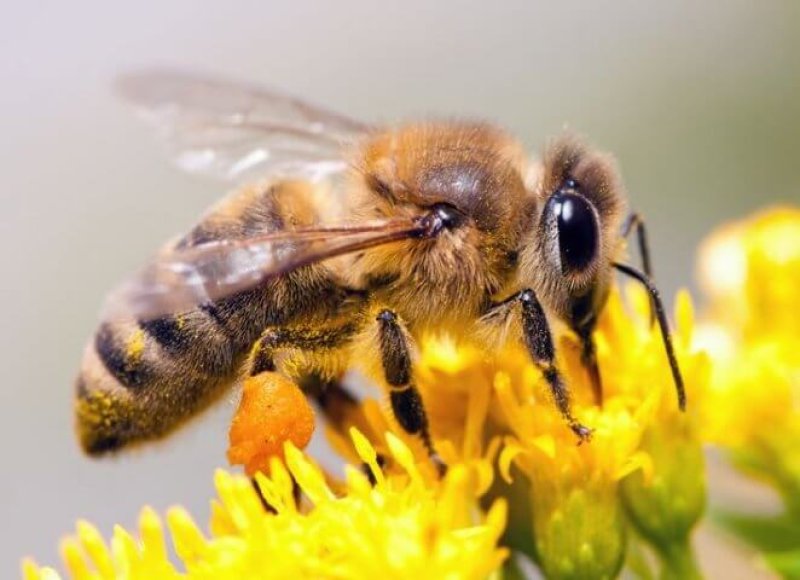…
[A] team of academic and industry scientists in Europe have traced this differing sensitivity to an enzyme in the cytochrome P450 superfamily of proteins that can metabolize at least one neonicotinoid into a less toxic derivative. The findings, published [March 22] in Current Biology, raise the possibility of identifying bee-friendly pesticides based on their vulnerability to detoxification via this mechanism.“They’ve provided an incredibly useful service in illuminating how honeybees process toxins,” says May Berenbaum, an entomologist at the University of Illinois at Urbana-Champaign who was not involved in the work. Given bees’ routine exposures to pesticides as they forage for food and pollinate crops, “it’s incredibly important to know this.”
…
Berenbaum emphasizes that the larger debate on neonicotinoid usage in agriculture needs to be understood in the context of additional bee stressors, from other pesticide classes to large-scale ecological disruptions such as habitat loss. “It’s an enormously complicated situation out there,” she says. “Focusing just on neonics, and thinking that banning neonics is going to fix things, I think really underestimates the magnitude of the problems that bees are dealing with.”
Read full, original post: Bees’ Molecular Responses to Neonicotinoids Determined
































